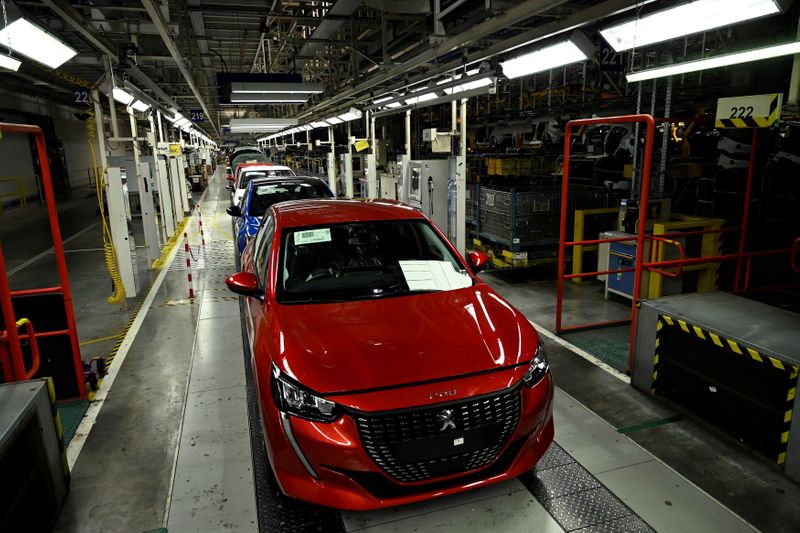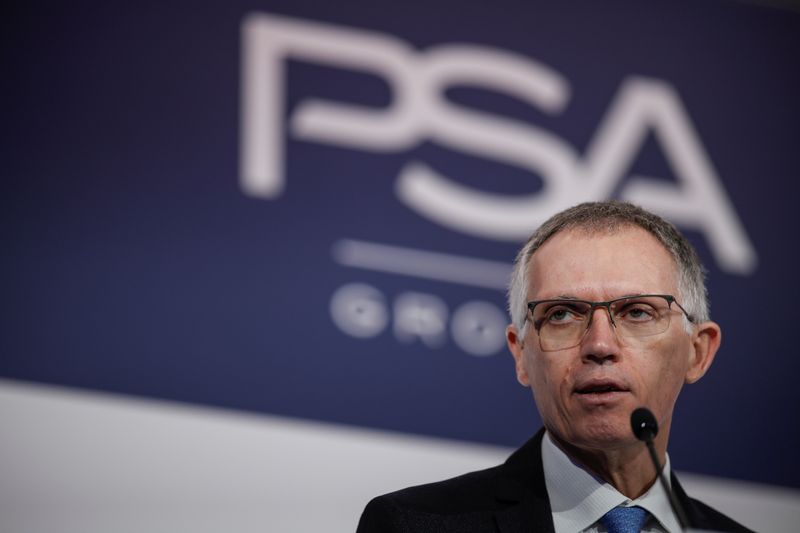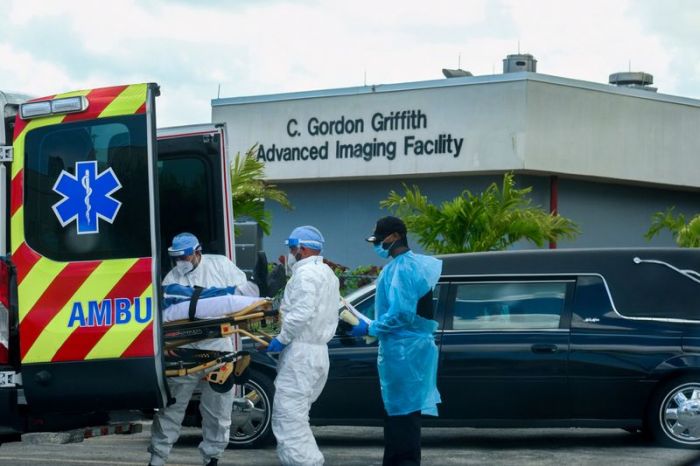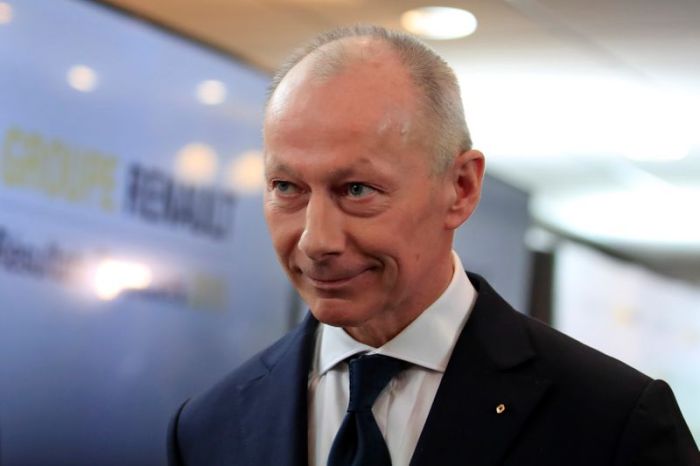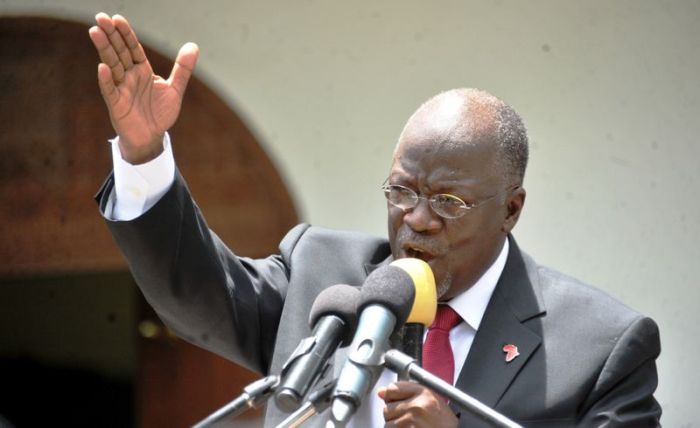PARIS (Reuters) – Peugeot maker PSA Group <PEUP.PA> delivered a profit in the first half of the year even as the COVID-19 pandemic hit revenue, and said a strong sales rebound in June in its core European markets had extended into July.
The French carmaker, which suffered like rivals as dealerships closed and which halted production as the outbreak spread from China to Europe and the United States, also said on Tuesday it was sticking with its mid-term profit margin target.
“June has been a very strong rebound in sales and July is seeing a similar trend,” Financial Chief Philippe de Rovira told reporters.
Chief Executive Carlos Tavares added order books were “excellent” at the end of the first half, boosted by pent-up demand for new versions of its Peugeot 208 model and Opel’s Corsa after coronavirus lockdowns eased.
PSA shares were up more than 4% in early trading.
Data on Tuesday showed a surge in export expectations among German automakers, adding to signs of a strong sector recovery. However, troubled Japanese manufacturer Nissan <7201.T> forecast a record annual operating loss.
PSA is in the middle of working through a merger agreement with Italy’s Fiat Chrysler Automobiles (FCA) <FCHA.MI>, which will open it up further to other markets like the United States.
The French group reiterated a goal for average margins of over 4.5% in its automotive unit for 2019-2021, even though these were down to 3.7% in the first half from 8.5% at the end of 2019.
PSA’s profitability has eclipsed that of some rivals including France’s Renault <RENA.PA> in recent quarters, helped by a focus on pricier models like SUVs.
Under Tavares, PSA has kept a lid on production costs, and executives said on Tuesday the operational breakeven point – which had reached 53%, meaning the firm could still generate cash with half its usual car volume – would be even lower in 2020.
The group’s net profit for the first half of 2020 also stayed in positive territory, at 595 million euros ($697 million), down from 1.83 billion euros a year ago.
Revenues, meanwhile, fell 34.5% to 25.12 billion euros.
PSA said it was experimenting with more online sales, including with its own employees in France and across Europe, and expected this to become a growing part of its business.
STELLANTIS ON TRACK
Tavares told analysts the merger with FCA – set to create the world’s fourth largest carmaker under the name “Stellantis” – was still on course to close in the first quarter of 2021.
Earlier this month, European Union antitrust regulators suspended their investigation into the proposed merger while waiting for data.
Asked about possible concessions to get the deal over the line, Tavares said if anything needed to be done, it would be, adding PSA would not be “picky” and it was keeping an open mind in its discussions with the European Commission.
Competition authorities have been examining FCA and PSA’s combined market share in vans in particular.
(Reporting by Sarah White and Gilles Guillaume; Editing by Kim Coghill and Mark Potter)

